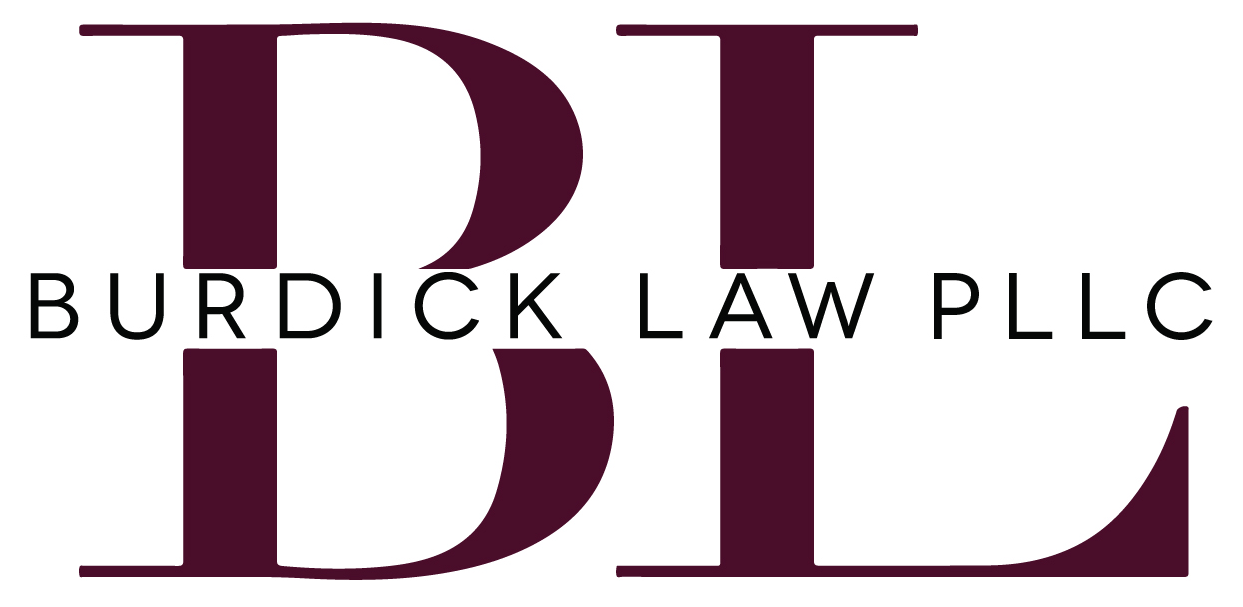Legal Tip of the Day- Trust Basics
TALK LEGAL TO ME- JUST THE TIPS OF LAW:
Talk Legal to Me is here to provide you with “Just the Tips of the Law.” Today’s legal tip is providing you the basics of Living Trusts. It is crucial to secure your future and create a strong estate plan that is carefully constructed around the assets you own and with your future goals in mind. At Burdick Law we are experienced in helping individuals set up their Estate Plan. Call us at 702-481-9207 or email at nburdick@burdicklawnv.com!
What is a ‘Trust”
A trust creates a fiduciary relationship in which one party (the Truster) gives another party (the Trustee), the right to hold title to property or assets for the benefit of a third party (the Beneficiary). Generally, trusts are established to provide legal protection for the Trustor’s assets; provide for distributions in accordance with the Truster’s wishes; and to avoid the costly, public and extensive probate process that occurs when someone passes with only a will or no estate plan at all. Individuals also use a trust, in some cases and depending on the individual’s estate, to avoid or reduce inheritance or estate taxes.
Who needs a Trust? Anyone who wants to:
- Control/ Manage your money
- Create a plan for minors
- Beneficiaries in need of creditor protection
- Individuals planning for incapacity
- Individuals who want to avoid probate
- Individuals who want to provide for management of a unique asset
- Individuals with disability
- Another major reason is for tax planning
The Revocable Trust:
This is often the main estate planning document in an individual’s estate. A Revocable Trust is amenable during the person’s life time- this means you can add to it, take things out or etc. Irrevocable trusts avoid probate because it transfers assets before death. The concept is simple- if a person transfers all of his assets to a revocable trust, he owns no assets at his death. In other words, even though the grantor of the trust died, the trust did not die, so the trust assets do not have to be probated. It must be noted that trusts only avoid probate if all or most of the deceased person’s assets had been transferred to the trust while the person was alive. To allow for the possibility that some assets were not transferred, most revocable living trusts are accompanied by a “pour-over” will, which specifies that at death, all assets not owned by the trustee should be transferred to the trustee of the trust. Although, the revocable living trust does not provide creditor protection during the person’s lifetime; it does provide protection for your beneficiaries while the assets are in the revocable trust.
Will versus Trust
- A Will is just a piece of paper.
- It does not control anything.
- It only becomes a functional operating document once you pass.
- The major difference is that a Will must go through a long and expensive court process called Probate when you pass.
- A Trust is more like instructions for how your property/ assets are managed- it essentially describes the fiduciary relationship.
- A trust avoids probate because it transfers assets to a trust.
- A Trust is more private because when you go through Probate it is a public court proceeding.
- A Trust is good for the management of investments and assets.
- It is much more difficult to challenge a Trust distribution as you have to be proactive and file a trust litigation whereas a Will must be lodged with the Court for Probate proceedings
- Disadvantages over a Will
- Increased cost – a Living Trust can be a complicated document and it is highly recommended to get an attorney to assist you
- Inconvenience- it takes more time and there are more steps like re-titling your assets.
- Some assets may not be appropriate for Trust Funding like Life Insurance, 401ks, or IRAs.
At Burdick Law, we make this process easier for you. A full Trust Package at Burdick Law will come complete with:
- A Revocable and/or Irrevocable Living Trust (including Asset Protection)
- Last Will and Testament
- Power of Attorney for Asset Management
- Power of Attorney for Health Care Decisions
- Certification of Trust, this document helps you to re-title your bank accounts in the name of the trust.
- Recording of real property deeds in the name of your trust.
Contact us today at 702-481-9207 or email at nburdick@burdicklawnv.com if you need help with securing your future and legacy for your loved ones.


